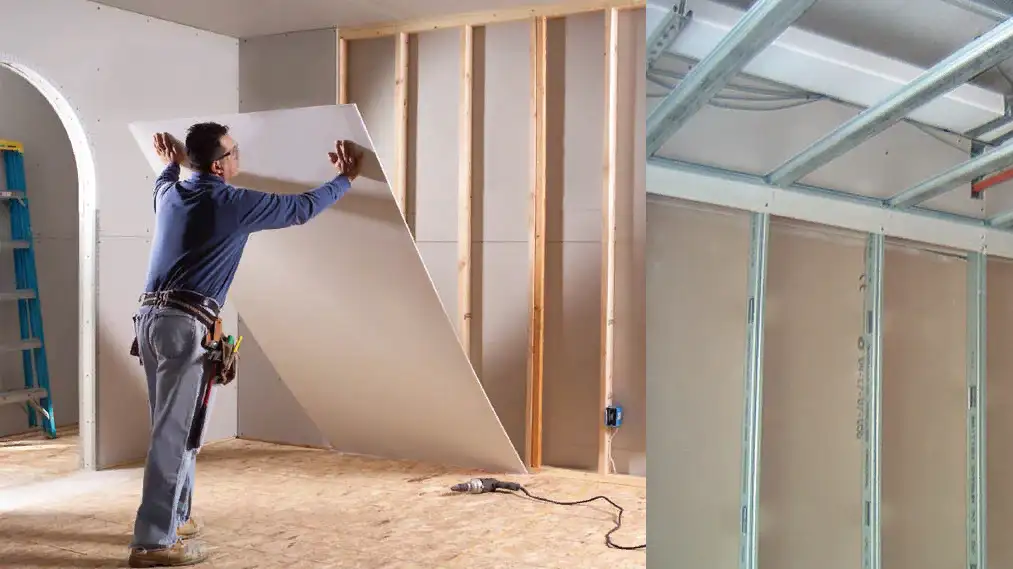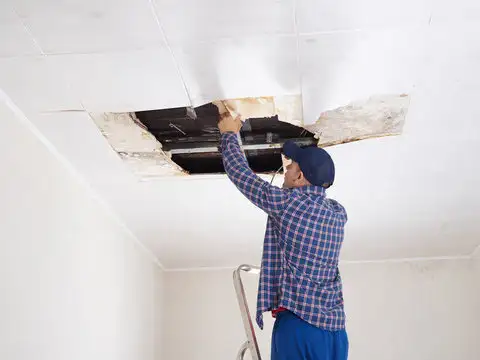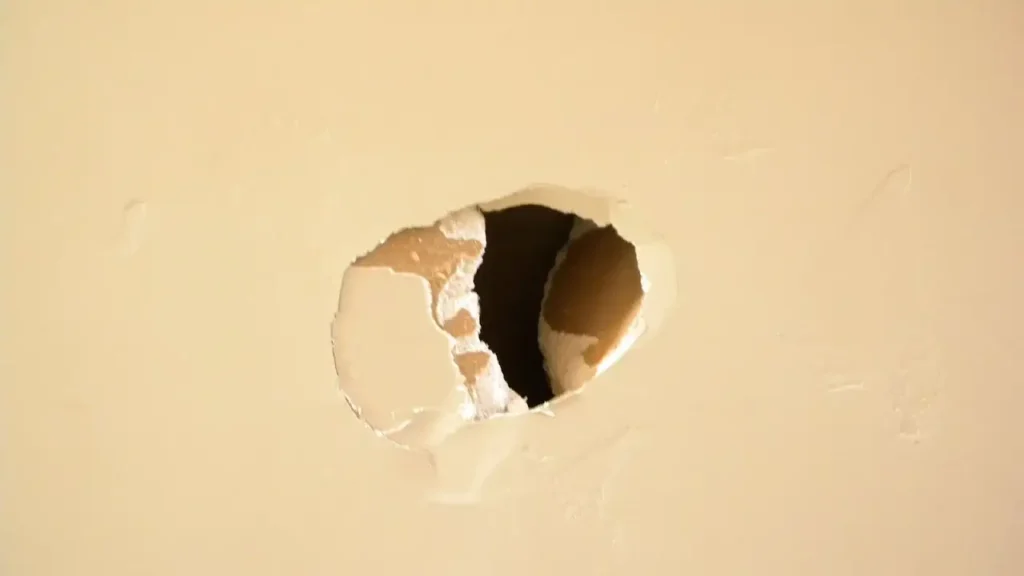Starting your own drywall business may be an outstanding way to take control of your career and build something for yourself. But where do you begin? Whether you’re an experienced businessman or just getting started, this guide will help you through the whole process of starting your business.

In this article, you will go through all the steps that are needed to start a drywall business. With proper planning and guidance, you will get your desired goal in no time. Let’s dive in and see what you need to start your drywall business.
Training and Licenses
The first step is getting the right training and license. The requirements for training can vary. Some applications may ask for a GED or high school diploma. But high school math and shop classes can also help you build a strong foundation within the field. For more formal education, you can be part of vocational programs.
Formal hands-on training is necessary. It provides you with hands-on experience, educates you to study blueprints, and helps you understand building codes. Plus, they help you meet people and develop your network, which is key to success.
As a drywall expert, your work is to help customers set up gypsum wallboards and install drywall systems. You will have to estimate costs for projects. To run your drywall business, you will need a drywall contractor permit and license. Types of licenses vary with location. Each state has its requirements. So make sure to fulfill every requirement before getting started.
Legal Documents
If you are educated enough to start a business and you have the basic training in the drywall business, the next step is to get legal permits. Meet with business contractor and discuss what documents you need to start a business.
However, here is a list of basic legal documents that will definitely needed:
- Business License/Drywall Contractor License and Permits
- Insurance Policy
- Online Terms of Use
- Contract Document
- Non-disclosure Agreement
Overview of Industry
The major thing before starting a business is that you should have current knowledge about the industry. The drywall business falls under the construction industry. Drywall, also known as gypsum board, is used to create walls and ceilings in houses, offices, and buildings. Because of its affordability and simplicity of use, drywall is a go-to material option for construction tasks.
This business provides many services, from operating on small home tasks to large business jobs. As more buildings are constructed or renovated, the demand for drywall services continues to grow. This makes it a solid choice for those trying to start their own business.
Create a Business Plan
Creating a business plan is an important step. It facilitates you to stay prepared and set clear goals. Your plan should include your business name, the services you will provide, and your targeted audience. You have to plan whether you work for homes, buildings or both.
Make sure to add a section for your budget. It should include costs for building, tools, materials, and personnel you’ll hire. You also need to create a marketing plan to target your audience and grow your business. Lastly, don’t neglect to add your long-term goals and how you plan to attain them. An appropriate business plan will help you to build your business.
Make a Budget Plan
A budget plan is fundamental to maintaining your drywall business and heading in the right direction financially. The following are the basic costs that should be considered before starting a drywall business.
Cost Factor |
Estimated Cost |
| Land Cost | $5,000 to $50,000 |
| Equipment | $1,000 to $3,000 |
| Tools | $1,000 to $5,000 |
| Marketing | $2,000 to $10,000 |
| Transport | Vary |
| Staff and Salaries | Vary |
| Miscellaneous | Vary |
Find a Location
Finding the right location for your drywall business is essential. You need a space in which you work and keep tools, materials, and equipment. You might also need an area for vehicles if you have a truck or van. Look for a location that is easy to access for you and your group, but also close to your targeted customers.
If you’re focusing on residential projects, a location near housing developments can be beneficial. For commercial work, a location with easy access to major business districts or construction sites might be preferable. Choose a space that fits your price range and allows your business to grow.
Tools and Supplies
To run a drywall business, you need the right equipment and components. Some simple tools include drywall knives, tape measures, utility knives, and a drywall saw. You’ll additionally need a drill, screws, and a drywall lift to make installation easier. For finishing, you will use joint compound, sanding tools, and corner beads.
Don’t forget about safety gear, like gloves, goggles, and dirt masks, to protect yourself and your team. Having a good supply of drywall sheets and tape is also crucial. With these tools and materials, you’ll be ready to handle any drywall task.
Hiring and Training Employees
Hiring and training employees is vital for growing your drywall business. As you’re taking on greater projects, you would possibly need more hands to help you in work. Start by hiring people with little experience or those who are eager to learn. Look for applicants who are reliable and possess good work ethics.
Once you hire them, provide them training in using the gear, observe safety rules, and meet your business requirements. Trained and skilled personnel will help your business succeed.
Search for Customers
Here are some strategies to search for customers and attract your targeted audience.
- Build a Website: Create a simple, easy-to-navigate website to showcase your services and attract customers online.
- Use Social Media: Share your work on platforms like Facebook and Instagram to reach local clients and show off your skills.
- Network Locally: Attend community events or join local business groups to meet potential customers and build connections.
- Offer Referrals: Encourage satisfied customers to refer friends or family by offering discounts or incentives.
- Advertising: Place ads in local newspapers or online classifieds to reach people looking for drywall services.
- Partner with Builders: Connect with construction companies and real estate agents who can refer you to their clients.
Conclusion
It is a big task to start a drywall business and needs a lot of investment. With proper planning and budgeting, you can grow your business from scratch. Use this top expert guide to create a startup plan for your business. Remember to budget wisely, choose a strategic location, and equip yourself with the right tools and supplies. Hiring and training a skilled team will also play a crucial role in your business’s growth.
With proper planning and guidance, you can start and grow your business while staying within the budget.
FAQs
Q1. How much to start a drywall business?
$10,000-$50,000 (initial investment):
- Tools and equipment ($5,000-$20,000)
- Insurance ($2,000-$10,000)
- Marketing and licenses ($3,000-$20,000)
Q2. Profit in drywall business
15%-30% net profit margin:
- Residential drywall: $1-$3 per square feet
- Commercial drywall: $2-$5 per square feet
Q3. What permits you should have to start a drywall business?
- Business License/Drywall Contractor License and Permits
- Insurance Policy
- Online Terms of Use
- Contract Document
- Non-disclosure Agreement


